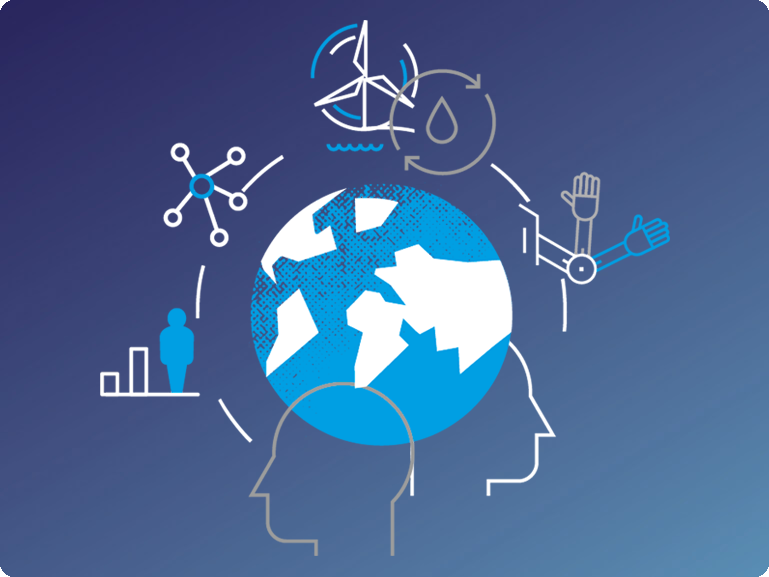The STS Department
Science and technology affect every aspect of society – from personal choices about food and health, to public concerns around privacy, risk or mobility, all the way to questions of global sustainability, development and security. Most controversies and government decisions today involve reconciling expert knowledge and technical designs with questions of politics and justice. At the same time, science and innovation are deeply social processes, shaped by culturally specific norms, values, experiences and practices of legitimation.
The Department of Science, Technology and Society (STS) at the TUM School of Social Sciences and Technology is dedicated to understanding the larger ethical, social, political and legal dimensions of science and technology. Embedded in TUM’s unique innovation ecosystem, we are committed to enabling a more responsible and sustainable engagement with science and innovation through social science research, teaching and public dialogue – often in collaboration with partners from technical fields. The TUM STS community strives to provide new intellectual and practical resources for dealing with the challenges of highly technologized societies, and to train future leaders with a unique sensibility for the critical interface between science, technology and society.
The STS Department was founded in 2021 and expands the institutional groundwork laid by Munich Center for Technology in Society (MCTS) since 2012 to put society at the heart of the TUM mission. As one of Europe’s largest hubs for STS, we are a lively intellectual community of 70+ researchers from numerous disciplines and fields of specialization. As a department, we deliver 2 Master’s programs and design STS content for the School’s PhD program. We offer regular public lectures and symposia, weekly discussion groups, and visiting researcher programs. We maintain close collaborative ties to other parts of TUM as well as to leading STS centers in Germany and around the world
The mission of the STS Department is to better understand our contemporary TechnoSocieties and to actively contribute to their positive development!
At STS Department we focus on the interactions between science, technology, and society. All of our activities in research, teaching, outreach, and consultation have one thing in common: their subject matter is deeply technosocial. In our contemporary societies, the technical and the social are inherently connected and entangled. To best capture this, all of our work follows four guiding principles:

Whether investigating social robotics, urban mobility, or renewables – our research is empirical, and we base our teaching, outreach, and consultation on empirical research. We work with a broad conception of what constitutes empirical knowledge: this includes statistics and models, but also qualitative analysis of documents and observations. Most importantly, theoretically grounded ideas and approaches must lead to the development of a systematic description and explanation of the topic at hand.

Whether exploring biotechnology, social media, or nanomaterials – we take an interdisciplinary approach. Based on empirical research, our teaching addresses the opportunities and problems of interdisciplinary research, publishing and communication. We aim to foster intellectual exchange between philosophy, history, the social sciences, engineering and the natural sciences.

Whether the topic is citizen science, social neuroscience, or information technologies – we develop custom-made strategies to bring our research to the public, as well as to policymakers and business stakeholders. We also offer research-based consulting.

Whether looking at sustainable water management, self-driving vehicles, or the consequences of controversial technical expertise – we explore each topic with regard to two questions: What are the potential positive or negative consequences of creating this new knowledge or developing this new technology? And what social conditions (e.g. cultural specificities or political conflicts) shape their formation?




